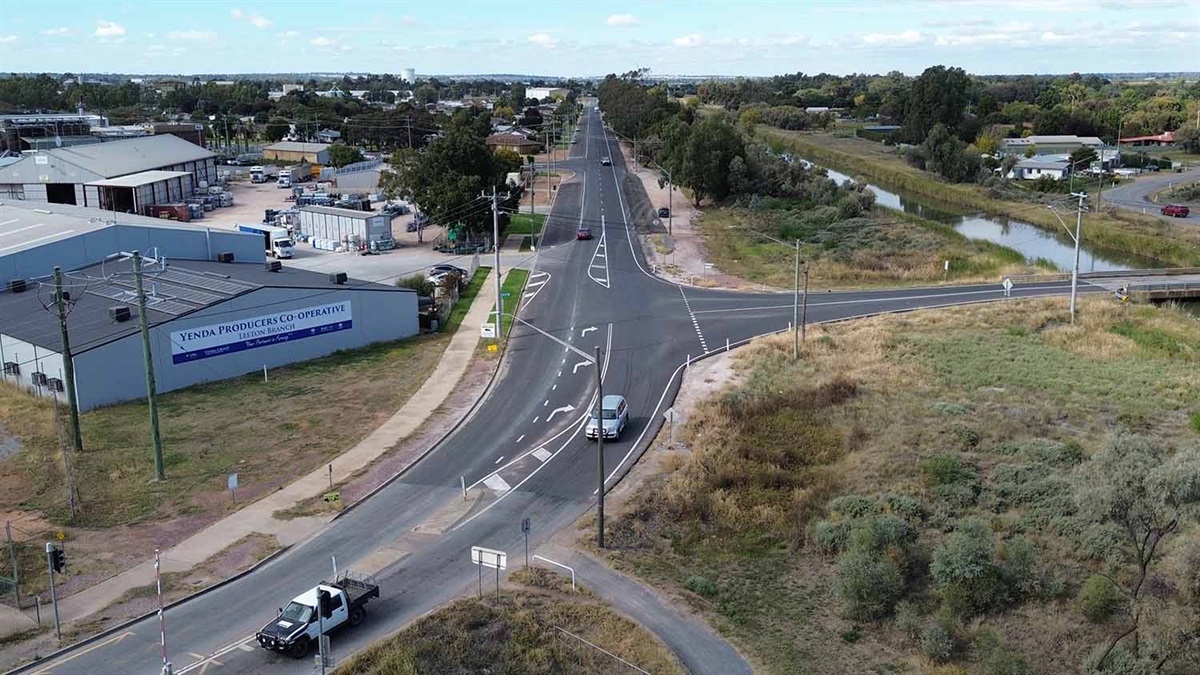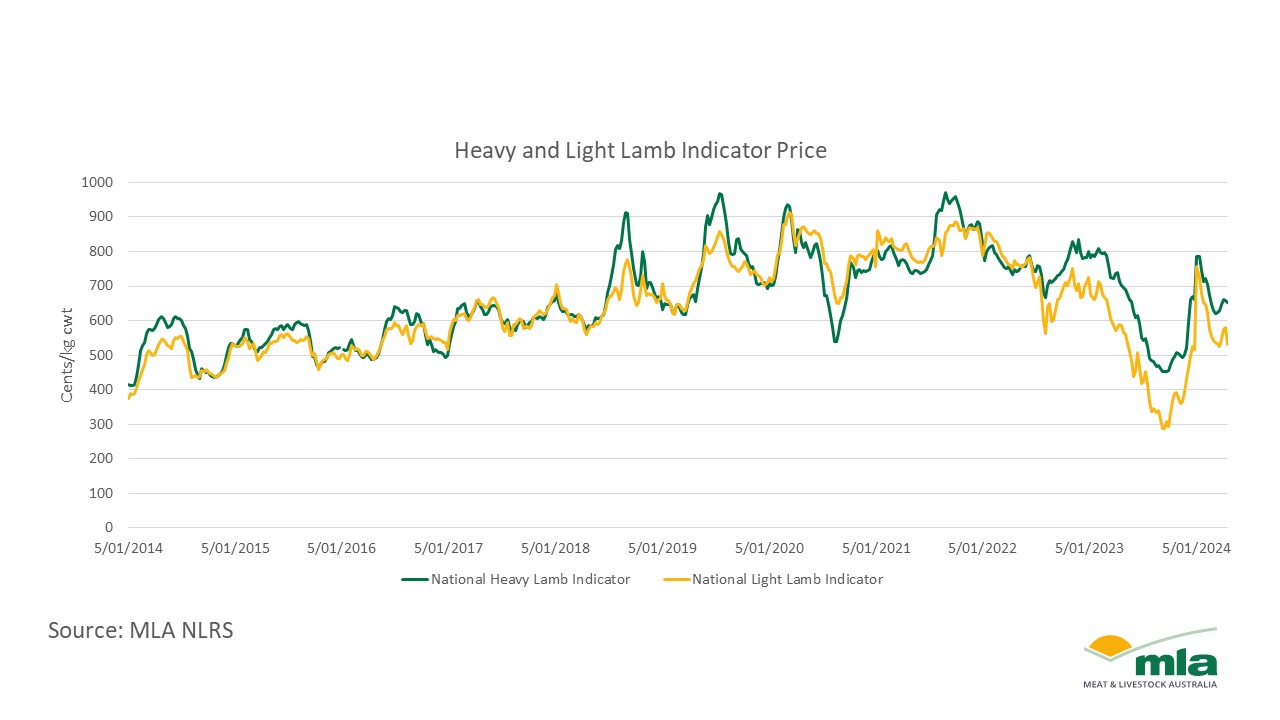The impact of Delta lockdowns and emergence of the Omicron strain drove the Qantas Group to its fourth consecutive half yearly statutory loss of the pandemic, but with some tailwinds accelerating balance sheet repair.
The Group’s flying operations were severely impacted by widespread domestic lockdowns and continued international restrictions, reducing the Group’s total flying to 18 per cent of pre-COVID levels during the half.
As a result of these severely depressed market conditions and ramp-up costs, the Group recorded an Underlying EBITDA loss of $245 million for the first half of FY22. Underlying EBIT loss was $1.13 billion, reflecting non-cash depreciation and amortisation. Revenue losses since the start of the pandemic grew to more than $22 billion.
However, cash generated from the sale of under-utilised land at Mascot; a rush of flight bookings as the Delta lockdowns ended; international border closures easing in the second quarter; and strong contributions from Qantas Freight and Qantas Loyalty made significant inroads to balance sheet repair. Net debt finished the half at $5.5 billion, putting it within the Group’s target range.
In a sign of the post-Delta recovery, the Group recorded three consecutive months of positive net free cash flow between October and December (excluding the land sale), largely as a result of the recovery in forward bookings.
The quick ramp-up of key international services, plus the addition of new routes across Jetstar and Qantas, was key to seizing early momentum in travel demand as restrictions eased.
Liquidity remained strong with $4.3 billion in cash and undrawn facilities as at 31 December.
Concern regarding the Omicron strain had a dampening impact on travel demand in December that intensified in January and was compounded by the unexpected delay to Western Australia’s border opening. However, forward demand for both international and domestic services has improved during February – helped by Australia’s full reopening to all visa holders and the announcement of a new date for WA’s borders to open. This positive momentum is expected to continue in coming months.
The slow recovery in travel demand exacerbated stranded labour costs associated with the decision to stand up all Australian-based employees in December. This resulted in a temporary surplus of around 17 per cent of the Group’s workforce in quarter three.
GROUP DOMESTIC
Delta-related lockdowns meant that domestic travel demand was heavily subdued for most of the first half, with the Group only flying 42 per cent of its pre-COVID capacity. While there was a positive demand spike in November and December, the traditional summer peak was below expectations due to Omicron-related uncertainty.
Group Domestic operations recorded an Underlying EBITDA loss of $388 million.
With the 15 new routes launched in the six months to December 31, Qantas and Jetstar have now announced 48 new domestic routes in the past 18 months as Australians look for new opportunities to travel.
Careful management of capacity meant that 92 per cent of the Group’s domestic flying in the half was
cash positive.
Almost half of the $840 million in structural recovery benefits delivered so far have been in Qantas Domestic, with a final target of approximately $500 million per annum in savings by the end of FY23 – resulting in a significantly lower cost base compared with pre-COVID that will assist with recovery in a competitive market.
Within the period, the Group announced the Airbus A320neo and A220 families as the preferred aircraft for Project Winton, its domestic fleet renewal program. The decision is still subject to final Board approval and discussions with work groups on the arrangements required to operate the aircraft, with an order anticipated by the end of FY22.
GROUP INTERNATIONAL AND FREIGHT
A record performance by Freight offset cash losses from Qantas International as it emerged from hibernation, with the whole division achieving positive Underlying EBITDA of $89 million. Depreciation and amortisation took this to an Underlying EBIT loss of $238 million.
The standout result by Qantas Freight highlights the natural hedge it has provided during the pandemic due to a lack of cargo capacity on passenger aircraft.
While some of this demand will ease beyond FY22 as international passenger flights increase, there has been a permanent shift in e-commerce patterns and freight operations are expected to remain higher than pre-COVID levels. In response, Qantas announced the conversion of two A330 passenger aircraft into freighters to support this market shift as well as taking delivery of its third A321 freighter.
Qantas was able to ramp-up quickly to take advantage of accelerated international border openings in November, with high levels of pent-up demand captured on new services to Delhi and the return of services to London, Los Angeles and Singapore.
Despite these bright spots, international flying remained significantly impacted by the continued closure of Australia’s international border to tourists throughout the half, and the reintroduction of border restrictions by other countries as they managed Omicron.
Qantas International has achieved approximately $325 million in recurring structural cost benefits and is on track to increase this to greater than $400 million by FY23, which will significantly assist in recovery.
Jetstar had limited opportunities to fly internationally due to continued border restrictions across its key markets in South East Asia. Jetstar Japan narrowed its losses as domestic flying in that market started to recover.
QANTAS LOYALTY
Qantas Loyalty remains a strong performer with continued earnings growth in the first half of FY22 delivering a strong cash contribution and an Underlying EBIT of $127 million.
The number of Frequent Flyer members continued to grow (up 150,000 to 13.8 million) as did the number of points earned on the ground. All five major financial services partners have been re-signed as well as key supermarket partner, Woolworths. New and expanded deals were signed with Optus, Accor and bp, creating more opportunities for members to earn and redeem points.
In a continued expansion into financial services, Qantas Business Money will launch in 4Q22, enabling small to medium enterprises to transact in foreign currencies at highly competitive rates and earn points in the process, in a partnership with Airwallex.
A combination of border openings and increase in seats available to Frequent Flyer members by up to 50 per cent saw some record levels of redemption. The program also maintained record levels of member satisfaction in the half.
Qantas Loyalty announced a new Green Frequent Flyer tier, aimed at rewarding members for making eco-friendly decisions on the ground as well as in the air.
SUSTAINABILITY UPDATE
Sustainability is a key priority for the Group as it emerges from the pandemic. Significant work took place in the half on the pathway to reach net zero emissions by 2050. In a first for any Australian airline, Qantas purchased up to 30 million litres of Sustainable Aviation Fuel (SAF) over three years for flights departing Heathrow, London.
In March, the Group will announce more detail on its sustainability strategy, including an emissions reduction target for 2030.
LOOKING AFTER CUSTOMERS
Uncertainty around border restrictions and testing requirements has been a significant challenge for customers as travel resumes. Recent initiatives to help include:
- Fly Well -continued investment in technology to increase contactless and self-service options at airports; social distancing as lounges have re-opened; enhanced cleaning onboard.
- COVID help hub – guiding customers through every step of their journey from destination-specific information at the time of booking, to reminders and tailored messages as they get ready to fly.
- Fly Flexible -unlimited date changes on all Qantas domestic and international fares extended through to April 2022.
- Extension of flight vouchers -extended credit vouchers to enable travel until 31 December 2023, with Jetstar doing the same for vouchers issued due to COVID-19 disruptions.
- COVID insurance – offering peace of mind with COVID-specific travel insurance.
- Vaccine recognition program – over 700,000 customers received Qantas Points, status credits and flight vouchers in recognition of being fully vaccinated against COVID-19.
REWARDING EMPLOYEES
As the Qantas Group recovers from the pandemic, it’s important that employees who help deliver that recovery share in the success.
Our people have faced unprecedented challenge and uncertainty over the past two years, enduring long periods of stand downs as well as wage freezes as the Group battled to remain viable and moved to repair the damage done by COVID.
The Board today confirmed that a Recovery and Retention Plan – which was first flagged in September 2021 – will reward around 20,000 eligible non-executive employees with rights to 1,000 Qantas shares.
At the current share price, the rights for each eligible employee are valued at more than $5,000. As the Group recovers, these rights allow us to reward our employees in line with shareholders.
The rights are subject to conditions including the Group delivering on the key targets of its COVID recovery plan and the employee remaining with the company. If conditions are met, the rights will convert to shares in August 2023. These will be new shares issued by Qantas to employees.
No annual executive bonuses will be paid in FY22 for the third year in a row and in addition to a two year wage freeze. However, managers and senior executives will be eligible for a share rights-based Recovery and Retention bonus in August 2023 based on the same performance and service conditions as non-executive employees. Formal invitations to participate in this plan will be issued in coming months and will be accompanied by relevant ASX disclosures.
CEO COMMENTS
Qantas Group CEO Alan Joyce said: “Most of Australia was in lockdown for several months of the first half, so the loss we’ve announced today isn’t surprising but it is frustrating.
“We saw a sharp rebound in travel demand when borders started opening in November and December, only to be hit by the Omicron wave and all the uncertainty that came with it.
“The uncertainty carried over into January but demand has started to recover as Australia adjusts to truly living with COVID. Our frequent flyer surveys show the intent to travel is extremely high and we’re seeing good leisure demand into the fourth quarter. We’ve also seen a sharp uptick in international ticket sales in the past few weeks.
“Predictions in a pandemic are naturally fraught, so we always forecast according to the best information we have but with the agility to adjust as needed. The fact we have all our Australian-based employees back at work means it makes sense for us to fly where it’s cash positive to do so.
“Despite all the uncertainty, we finished the first half with net debt back inside our target range and with strong liquidity, meaning we can start to look further ahead at strategic decisions on fleet, network and growth opportunities.
“We’re on track to deliver more than $900 million in annualised savings through restructuring by the end of FY22, which is ahead of schedule and means we’re able to recover faster and perform better than a pre-COVID Qantas Group could have.
“The challenge of COVID hasn’t obscured the challenge of sustainability and emissions. Since January, we’ve been adding sustainable aviation fuel into our flights from London and we’re on the cusp of doing the same out of the US. We’ll have a significant update on our plans for emissions reduction next month.
“We’re very conscious of the support and patience shown by customers and shareholders as we all wait for travel conditions to stabilise. In the meantime, we’ve done a lot of work to put this company in the best possible position to deliver.
“Employees across the Qantas Group have lived through enormous challenge and uncertainty over the past two years. Many have been stood down for extended periods of time and we’ve asked them to accept a wage freeze to help our company get through an unprecedented crisis that many other airlines didn’t survive.
“I’m pleased that we’re able to offer our people a direct stake in the national carrier through a reward and retention program. It means those who help us through the recovery can share in the success, just as they have in the past.”
OUTLOOK
While travel demand is strengthening and there have been positive developments on international borders in recent weeks, Omicron is likely to negatively impact Group EBIT by an estimated $650 million in 2H22.
Key assumptions for FY22 are:
- Group Domestic capacity expected to be 68 per cent of pre-COVID levels in 3Q22, increasing to 90-100 per cent in 4Q22.
- Group International capacity expected to be 22 per cent of pre-COVID levels in 3Q22, increasing to 44 per cent in 4Q22.
- Net capital expenditure (excluding land proceeds) in FY22 is expected to be $850 million.
- Underlying depreciation and amortisation in FY22 is expected to be $1.8 billion.
- Recovery and restructuring program expected to achieve greater than $900 million in annualised benefits by FY22.
- Net debt expected to be within target range by end of FY22.
- Leisure travel will continue to lead domestic recovery, with good demand expected into 4Q22.
- Corporate travel demand outlook remains unchanged. Recovery delayed due to Omicron and now expected to commence with return to office activities in key states from March 2022.








